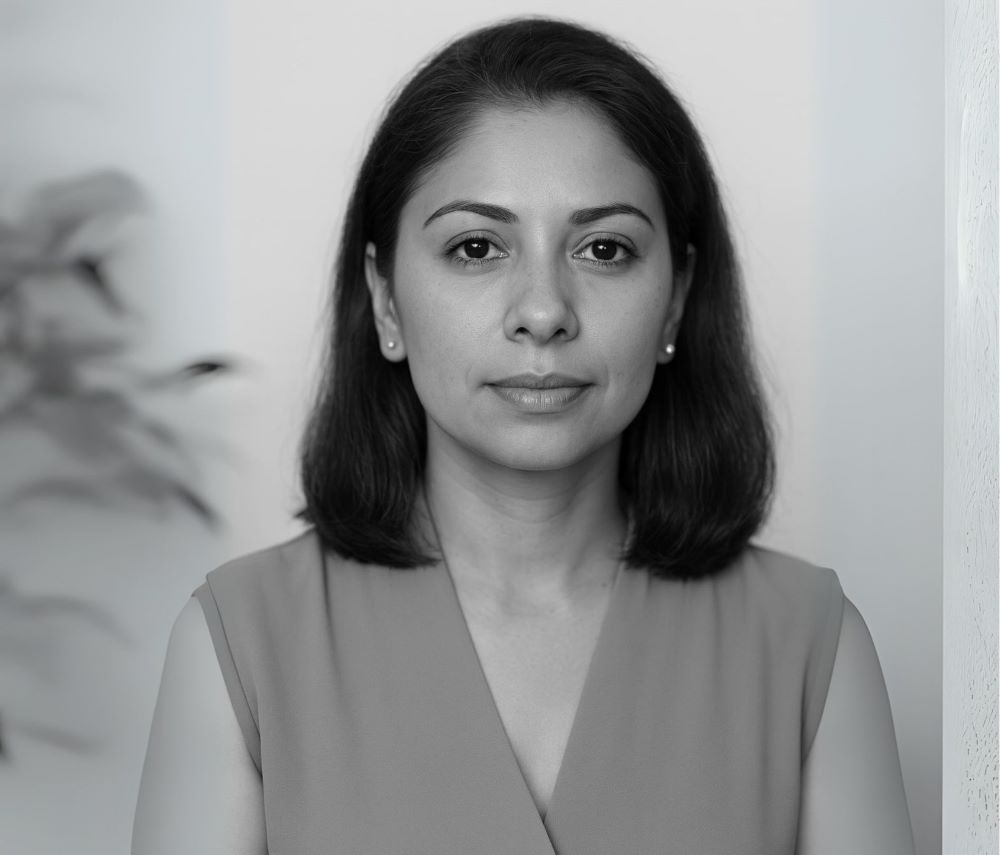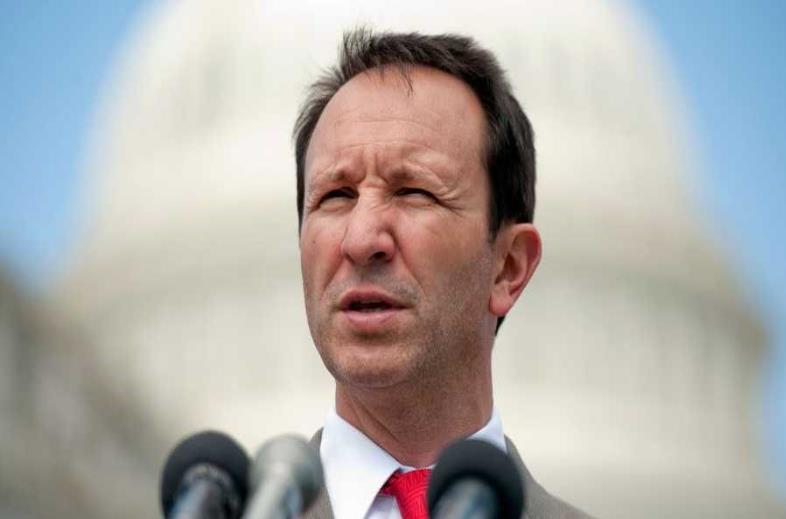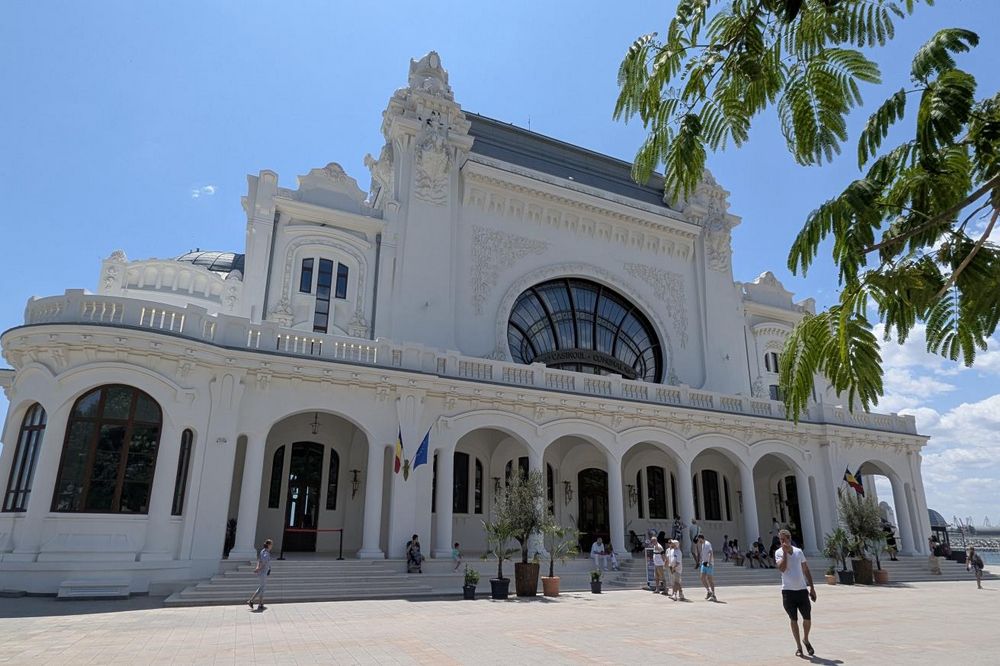In March 2022, then Chinese Vice Premier Han Zheng, when meeting with a delegation of Macau representatives to the Chinese People’s Political Consultative Conference, expressed three hopes for the SAR, among which was assisting the Government in the amendment work of the city’s gaming law. The Vice-Premier could not have been more explicit in wishing that the local Government would do “a good job in amending the gaming law.”
It was one of the first times that a top leader in Beijing referred to the issue of gambling so explicitly. It will be said that other leaders, starting with President Xi Jinping, had already mentioned the issue beforehand, but just pay attention to what Xi said in 2014 (“it is necessary to better regulate the gaming industry” [with] “courage and wisdom”) to understand the differences.
Among the topics worth highlighting are: “cleaning up the entire casino sector; punishing those casino capitalists who crossed the border and committed cross-border crime as it is illegal to gamble in mainland China including marketing activities and online gaming or regulating the role and financial background of intermediaries or junkets in the casino industry.”
Considering the most important point, “diversifying the economy into new sectors without explicit heavy dependence and sole reliance on casino-driven capitalism, with the building up of Hengqin-Macau cooperation zone as a way out of the impasse.”
In other words, the law in force (“Amendment to the Gaming Law, 7/2022”) and the subsequent international tender were tailored to China’s requirements. That’s why Nelson Rose, a US-based leading gaming law expert, and with in-depth knowledge of Macau, states that “the influence of the PRC was not hidden.”
“Beijing tolerates Macau casino capitalism to persist, but the conditions were laid out very clearly just a year before the renewal of all casino franchises.”
At the same time, Beijing also monitors who in the mainland often gamble in Macau casinos as some mainlanders have been seen as siphoning mainland treasuries and monies out of the mainland to Macau. As such, mainland authorities see Macau casinos as having potential and hidden threats to mainland economic security.
This was also why Beijing encourages and requires Macau to diversify its economy ‘suitably,’ a code word referring to the tolerance of casino capitalism in Macau with whatever degree of economic diversification it can and will achieve.
































